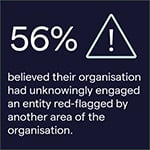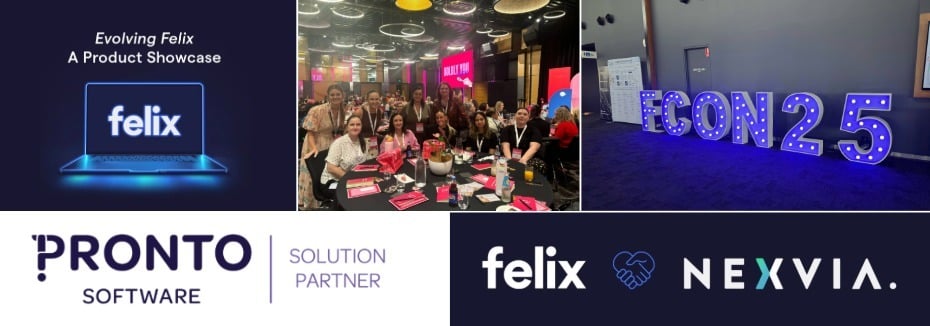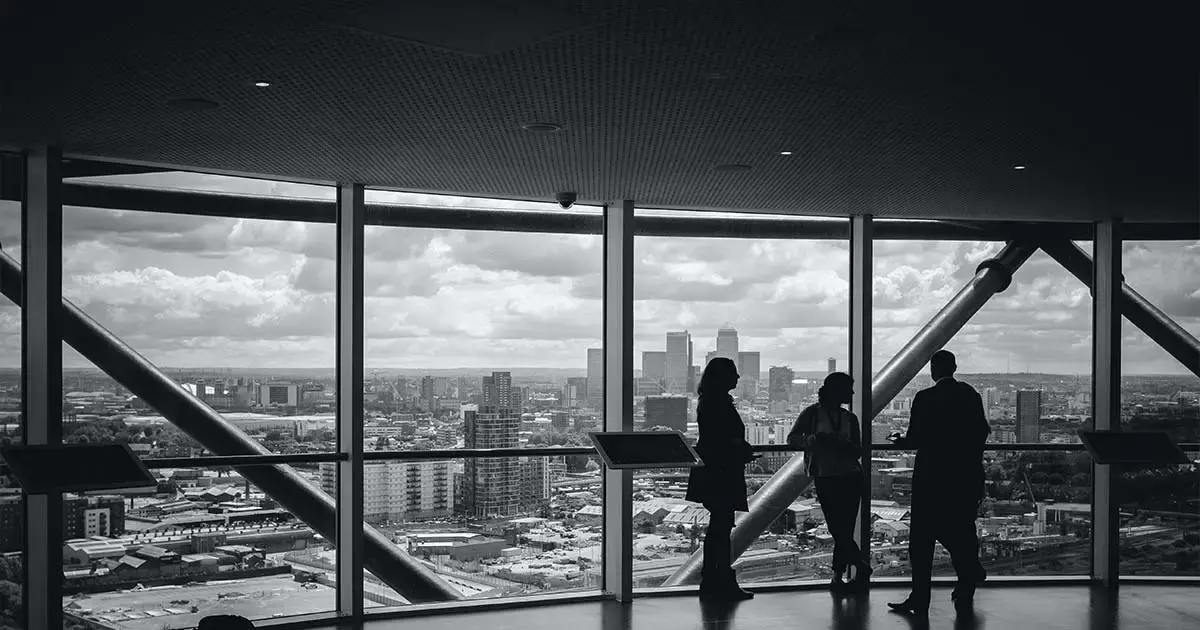Supply chain transparency and diversity will drive construction’s sustainable future

As the Australian government attempts to deliver one of the greatest infrastructure booms in its history, there exists a prevailing and urgent threat to its impact on people and planet, including on the health and well-being of its workforce.
According to Infrastructure Australia, over 105,000 construction jobs could go unfilled by mid-2023. As one of the largest sectors in the country, construction also happens to be one sector that is going through increasing complexity in its workforce, which brings new threats to our collective economic agenda. The industry suffers from some of the highest rates of insolvencies in Australia, low productivity growth, poor rates of female participation and high stress levels and suicide rates. It’s no secret that construction struggles with attracting and retaining talent.
Untangling the construction workforce
Unless there is a change in productivity and innovation, the delivery of the $218 billion pipeline of infrastructure projects is under significant risk of adverse outcomes.
In reality, each construction organisation's workforce spreads out in various directions and can involve numerous types of contractual arrangements and subcontracting. This supply chain network is also highly reliant on supporting industries such as freight and logistics. Thus, the construction workforce exists in a complex web of clients, project sponsors, head contractors, subcontractors and extended supply chains.
Felix’s recent Building in the Dark report examines construction supply chain risk in Australia and New Zealand, and it uncovers some troubling truths about the sector’s view of risks. Organisations increasingly rely on their supply chains to deliver construction and infrastructure projects; yet they are unaware of the kind of risks that exist within these supply chains.
67% of industry professionals surveyed believed that clients or project sponsors do not understand the true cost of effectively managing third-party risk. Supply chain risk cannot be accurately assessed beyond the transparency of actors and activities beyond directly engaged third parties and the boundaries of the site. Performance and compliance risks are transferred to members of the workforce not fully equipped for this responsibility, further compounded by the low levels of transparency and monitoring. Many organisations remain in the dark concerning the risks that lie within their own supply networks, such as potential workplace safety incidents, mental health challenges and negative culture of toxic masculinity.
Supply chain risk cannot be accurately assessed beyond the transparency of actors and activities beyond directly engaged third parties and the boundaries of the site. Performance and compliance risks are transferred to members of the workforce not fully equipped for this responsibility, further compounded by the low levels of transparency and monitoring. Many organisations remain in the dark concerning the risks that lie within their own supply networks, such as potential workplace safety incidents, mental health challenges and negative culture of toxic masculinity.
Innovation will drive industry reform
Now, more than ever, organisations are under greater pressure to improve their risk management in order to ensure the sustainability of their workforce. Traditional time, cost, and quality targets are no longer the only judge of project success. Increasingly, projects are subject to performance targets that focus on the value-add to people and the planet beyond the time, cost, and quality paradigm.
The report suggests a gulf between the construction sector and driving broader outcomes forward, due to the lack of understanding of the requirements and low confidence among its supply chain network.
The recent proposal of the Future Australian Infrastructure Rating (FAIR) initiative by the Australian Constructors Association (ACA) proposes a rating system for government funded projects on how well they performed against a range of key reform areas such as improved productivity and increased innovation. The public will have access to the ratings, which will promote greater transparency, collaboration and ultimately better outcomes for all participants.
Digital is the biggest source of opportunity to enable greater transparency and accountability in the network, maximise efficiencies and enhance the quality and safety of projects delivered in Australia. However, while many organisations recognise the value of going digital, over half (56%) of the Felix research participants believed their organisations were not investing enough in digital tools.

Diversity in leadership key to improving risk management
Effective organisational leadership is a critical enabler in setting the strategic direction and culture. For maximised risk management, this culture must be respectful, learning oriented, and innovative.
The Construction Industry Culture Taskforce (CICT) is a crucial initiative aimed at driving a positive and effective industry culture that caters to the broadest range of talent. Creating a more attractive industry for younger workers can establish a more resilient workforce to deliver the future infrastructure needs of Australia.
The strategy set must also facilitate investment in these areas, which includes investment in digital transformation - both in the tools themselves and the organisational ability to adopt them. Findings suggest that diversity within leadership teams – including age, gender, culture - is a crucial facilitator of innovative, progressive thinking.
Thus, diversity in leadership is important in optimising risk management and driving genuine change. Leaders must clearly identify how and where change can add value and then communicate this effectively to drive organisational buy-in, whilst supporting their people on the learning journey.
The participation from a more diverse, progressive leadership bench across the industry will determine how we drive innovation and improve overall outcomes. Only through greater transparency and accountability within their organisations and supply chains can they ensure and secure construction’s sustainable future in Australia.
About the Building in the Dark Report:
The Building in the Dark report, produced in conjunction with entwine and authored by entwine director Leah Singer, is based on a survey of over 150 individuals across both Australia and New Zealand, a selection of one-on-one participant interviews, and extensive desktop research of existing reports and industry commentary.
Originally posted on Eco Voice

Recent Articles
2025 in review: Milestones, insights and achievements
2025 – a year of that brought meaningful developments for Felix as we continue to address the evolving needs of organisations navigating complex supply-chain environments.
Top 10 reasons for a centralised vendor database
As organisations grow, so does the complexity of managing vendor relationships. Many still rely on spreadsheets or siloed systems, which can lead to inefficiencies, data inconsistencies, and compliance risks. A centralised vendor database offers a smarter, more scalable solution that brings structure, visibility, and control to procurement operations.
Here are the top 10 reasons why centralising your vendor data is a strategic move.
Five ways poor contract storage could be costing your organisation money
Contracts are the backbone of every business relationship – legally binding documents that define expectations, responsibilities, and value.
But what if the way your organisation stores those contracts is quietly costing you money?
Let's stay in touch
Get the monthly dose of supply chain, procurement and technology insights with the Felix newsletter.





